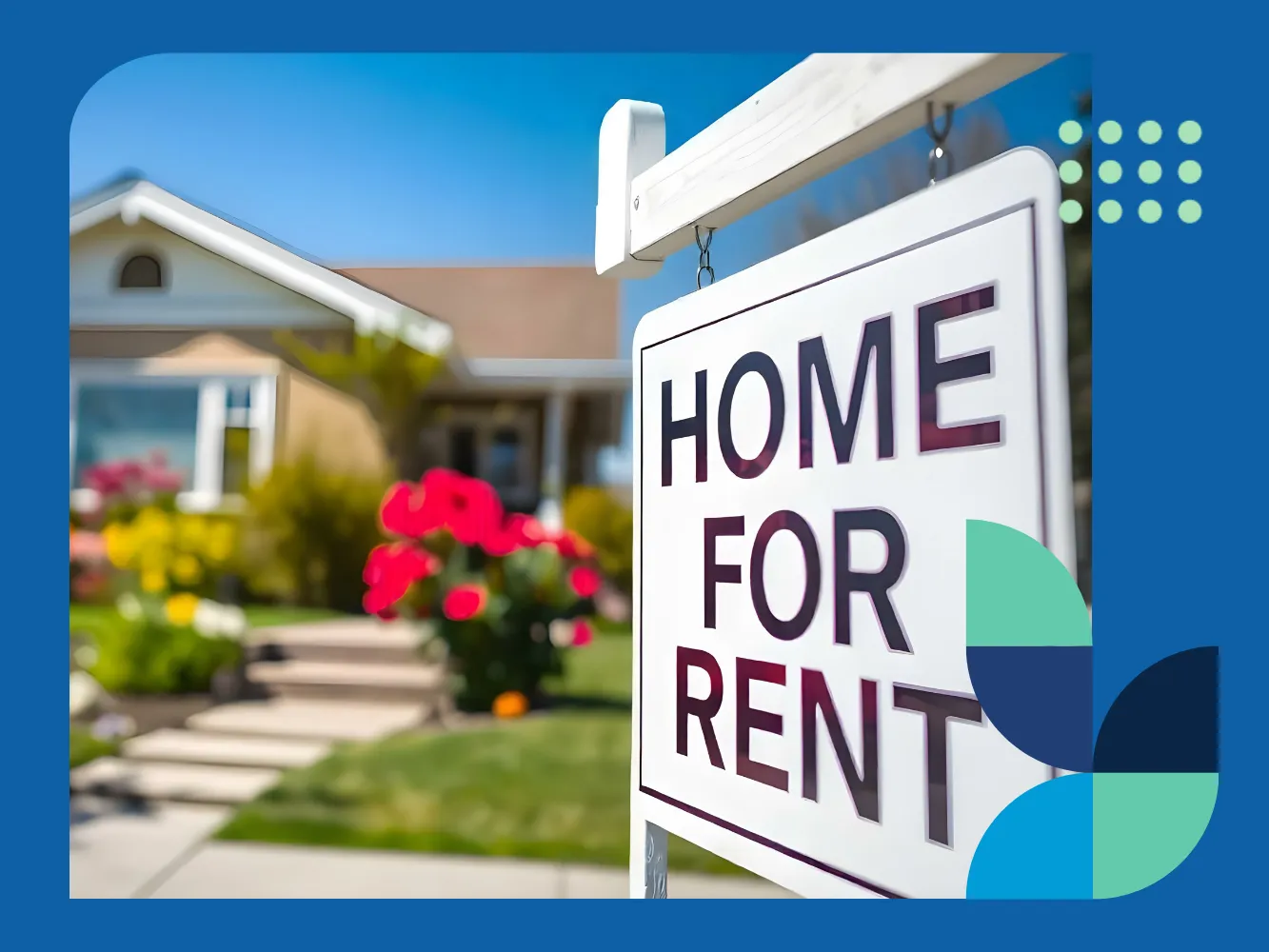When life changes prompt a move—whether for a new job, upsizing for a growing family, or relocating to a different area—homeowners face a critical decision: sell their current home or convert it into a rental property. While selling might seem like the simpler option, transforming your primary residence into an income-generating asset can offer substantial financial advantages that compound over time.
The Power of Passive Income and Wealth Building
Converting your home to a rental property creates a new income stream while maintaining ownership of an appreciating asset. Instead of cashing out once through a sale, you establish ongoing monthly revenue that can help offset your new housing costs or accelerate wealth building. This strategy enables you to benefit from both immediate cash flow and long-term appreciation—a combination that has helped countless investors build substantial real estate portfolios, starting with their first home.
Tax Benefits That Can Transform Your Financial Picture
The tax advantages of rental property ownership are among the most compelling reasons to hold rather than sell. These benefits can significantly impact your overall financial position:
Depreciation Deductions
As a rental property owner, you can depreciate the value of the building (not the land) over 27.5 years, creating a substantial paper loss that offsets rental income. For example, if your property’s building value is $275,000, you can deduct approximately $10,000 annually from your taxable rental income—even though the property may actually be appreciating.
Deductible Operating Expenses
Nearly every expense related to maintaining and operating your rental becomes tax-deductible:
- Property management fees
- Repairs and maintenance
- Insurance premiums
- Property taxes
- Mortgage interest
- HOA fees
- Advertising costs
- Professional services (accounting, legal)
- Travel expenses for property management
- Home office expenses for managing your rental business
Capital Gains Tax Deferral
By holding the property instead of selling, you defer capital gains taxes indefinitely. When you do eventually sell, you may qualify for more favorable long-term capital gains rates, or you could execute a 1031 exchange to defer taxes further by purchasing another investment property.
Potential Section 121 Exclusion Strategy
Suppose you’ve lived in the home as your primary residence for at least two of the past five years. In that case, you may still qualify for the Section 121 exclusion when you eventually sell, potentially excluding up to $250,000 (single) or $500,000 (married) of capital gains from taxation. This creates a unique window where you can rent the property for up to three years while preserving this valuable tax benefit.
Long-Term Equity Growth: A Five-Year Perspective
The financial rewards of holding rental property become particularly evident when examined over a five-year horizon. Consider this realistic scenario for a $400,000 property:
Year 1-5 Equity Building Components:
Appreciation (assuming 4% annual growth):
- Year 1: $416,000
- Year 2: $432,640
- Year 3: $449,946
- Year 4: $467,944
- Year 5: $486,661
Total appreciation over 5 years: $86,661
Mortgage Principal Paydown (assuming $320,000 loan at 6.5%): Residents effectively pay down approximately $25,000 of your mortgage principal over five years, directly increasing your equity position.
Combined Equity Growth: In this example, your total equity increase over five years could exceed $111,000—not including any positive cash flow generated along the way. This represents a 35% return on your initial $80,000 equity, achieved while someone else (your resident) pays the carrying costs.
Cash Flow Considerations
Beyond equity growth, rental income typically exceeds the combined costs of mortgage, taxes, insurance, and maintenance, resulting in a positive monthly cash flow. Even a modest cash flow of $200-400 per month adds $12,000-24,000 to your five-year returns.
Leveraging Property Management for Passive Investment
One of the primary concerns for new landlords is the time and complexity involved in managing a rental property. Professional property management eliminates these concerns, transforming active landlording into a truly passive investment.
What Property Managers Handle:
Resident Acquisition and Screening
- Marketing the property across multiple platforms
- Conducting property showings
- Processing applications and running comprehensive background checks
- Verifying employment, income, and rental history
- Executing lease agreements
Ongoing Operations
- Collecting rent and managing late payments
- Handling all maintenance requests and emergencies
- Coordinating repairs with licensed, insured contractors
- Conducting regular property inspections
- Managing resident communications and concerns
Financial and Legal Management
- Providing detailed monthly financial statements
- Handling security deposit administration
- Managing eviction proceedings if necessary
- Ensuring compliance with fair housing laws
- Staying current with changing landlord-tenant regulations
The Cost-Benefit Analysis of Property Management
Professional management typically costs 8-10% of monthly rent, but this expense is tax-deductible and often pays for itself through:
- Higher occupancy rates due to professional marketing
- Better resident quality through thorough screening
- Reduced maintenance costs via contractor relationships
- Fewer legal issues through proper compliance
- Preservation of property value through regular inspections
For a property renting at $2,500 per month, management fees of $200-$ 250 provide a complete hands-off operation—a small price to pay for converting your former home into a passive investment that can potentially generate six-figure returns over five years.
Making the Strategic Decision
The choice between selling and renting your primary residence ultimately depends on your specific financial situation, local market conditions, and long-term goals. However, for many homeowners, the combination of tax benefits, equity growth, passive income, and professional management makes rental conversion a compelling wealth-building strategy.
Before making your decision, consider consulting with:
- A tax professional to understand your specific tax implications
- A local real estate agent to assess rental market conditions
- A property manager to evaluate potential rental income and management costs
- A financial advisor to ensure the strategy aligns with your overall financial plan
By thoughtfully analyzing these factors and leveraging professional property management, you can transform your primary residence from a simple shelter into a powerful wealth-building engine that works for you 24/7, generating income, building equity, and creating long-term financial security—all while someone else handles the day-to-day details.
The path from homeowner to real estate investor often begins with this single decision. For those willing to embrace the opportunity, keeping and renting your first home can become the foundation of a robust real estate portfolio and a more secure financial future.








